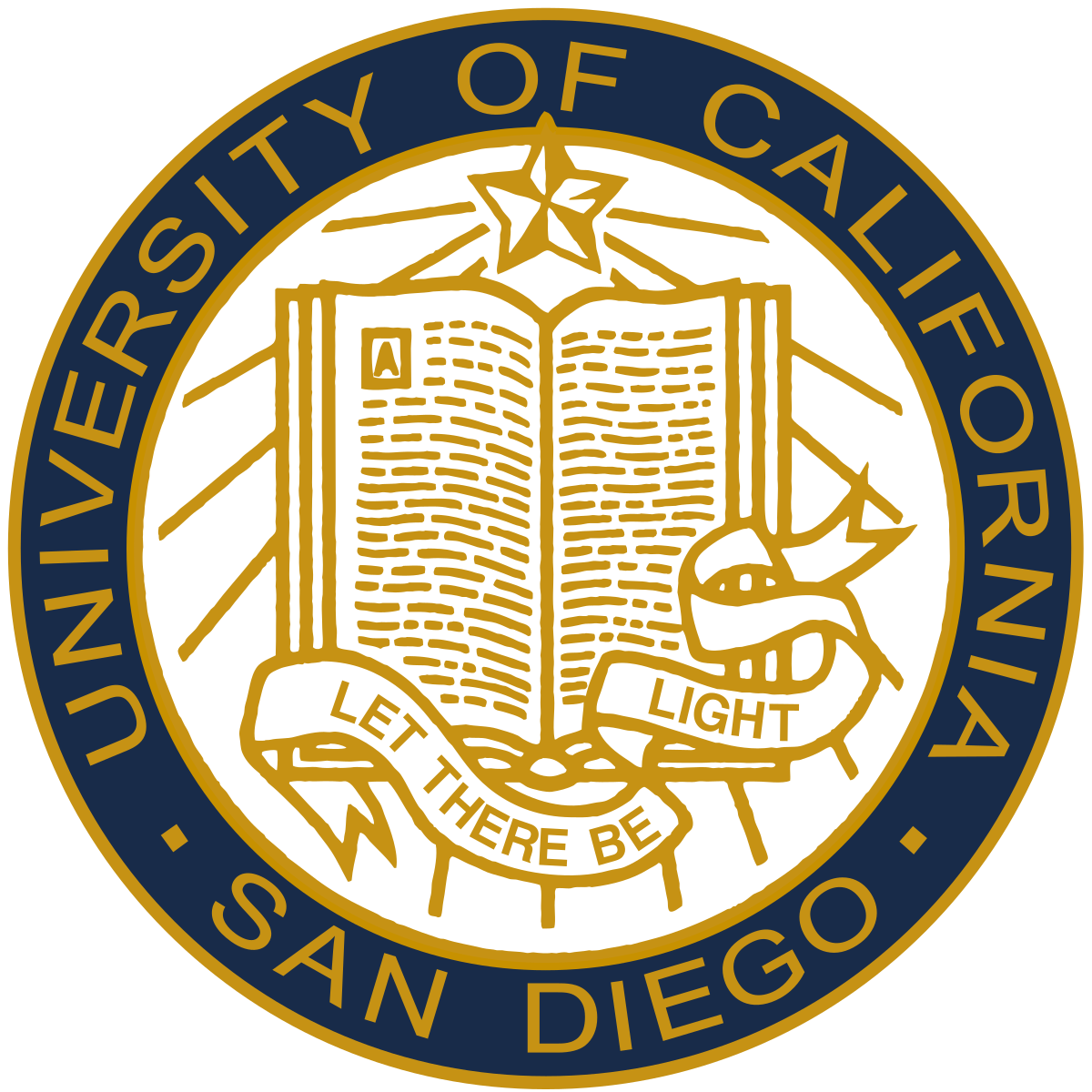UC San Diego Expert Named ACM Fellow
Farinaz Koushanfar, a professor and Henry Booker Faculty Scholar in the Department of Electrical and Computer Engineering at the University of California San Diego, has been named one of 57 Fellows of the Association for Computing Machinery (ACM) for 2022. Koushanfar is recognized for her contributions to secure computing and privacy-preserving machine learning.
The ACM Fellows program recognizes the top 1% of ACM Members for their outstanding accomplishments in computing and information technology and outstanding service to ACM and the larger computing community.
Koushanfar directs the Adaptive Computing and Embedded Systems (ACES) Lab at UC San Diego. The work from her lab has transformed the important fields of hardware-based security, secure AI, and privacy-preserving computing. Koushanfar is also the founding co-director of the Machine-Intelligence, Computing and Security Center (MICS), an engineering research center at the UC San Diego Jacobs School of Engineering focused on technical innovation and diverse workforce development through the integration of hardware, software, AI algorithms, and data for scalable machine learning and security.
“I am honored to be acknowledged with this esteemed class of ACM Fellows,” said Koushanfar. “I’m most excited about the long-term prospects and the potential societal impact of my work in security, privacy and AI. I’m grateful for the privileges offered to me by the academic institutions where I have worked and studied, and by the greater scientific community throughout my research career. I would also like to extend my heartfelt gratitude to my mentors, collaborators, post-docs and students for their unwavering support and contributions to our joint projects.”
Koushanfar’s original contributions to the field of computing are extensive. Her research has resulted in widely-used software and tens of patents filed in the United States and worldwide. Her notable inventions ensure security of digital integrated circuits (ICs) and their software/data, robustness of AI models and privacy-preserving computation.
She invented the first-ever methodology for actively and uniquely locking, tracking and controlling each IC post fabrication. Koushanfar’s two recent patent-pending works define the state of the art for the challenging problem of cryptographically secure deep learning on encrypted data.
Koushanfar is also an inventor of the first hardware accelerator for safe deep learning robust to adversarial samples, as well as the first AI accelerator robust to data poisoning. She is an inventor of the first deep learning watermarking method that is simultaneously robust to several classes of prior-known vulnerabilities. Koushanfar is also an eminent supporter of women and minorities and has been the lead of several DEI initiatives. Under her leadership (and in collaboration with MICS co-Director), both the UCSD ACES Lab and the MICS center are now among the world’s most gender-balanced engineering research groups in terms of both students and faculty population.
“Computing’s most important advances are often the result of a collection of many individual contributions, which build upon and complement each other,” said ACM President Yannis Ioannidis in a statement. “But each individual contribution is an essential link in the chain. The ACM Fellows program is a way to recognize the women and men whose hard work and creativity happens inconspicuously but drives our field. In selecting a new class of ACM Fellows each year, we also hope that learning about these leaders might inspire our wider membership with insights for their own work.”
Prior to her recognition by the ACM, Koushanfar’s influential publications have received several best paper awards in top conferences in her field. She has received several other honors and awards including being listed in 2008 MIT Technology Review (TR-35) among the world’s top 35 innovators under the age of 35, 2010 Presidential Early Career Award for Scientists and Engineers from President Obama, 2019 elevation to the rank of fellow of the Institute of Electrical and Computer Engineers, and the Ten Year Retrospective Most Influential Paper Award at the 2017 International Conference on Computer Aided Design.
Koushanfar now joins a diverse 2022 class of ACM Fellows representing research centers, universities and private corporations based in ten different nations around the world. Fellows are nominated by their peers, with nominations reviewed by a distinguished selection committee.

